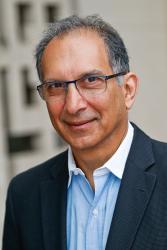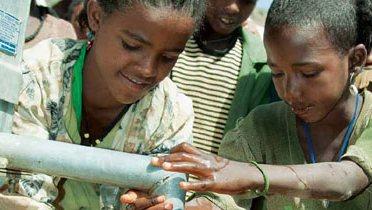A Report from the 2010 Brookings Blum Roundtable on Global Poverty
Global development assistance efforts are experiencing a critical moment of change. This moment is not a week or month but a several-year period in which political scales are tipping, rationales and underlying assumptions are being reexamined, and new systems and approaches are emerging.
Collectively, the public and private institutions involved are working around the world to alleviate poverty and human suffering, support equitable economic growth, foster better governance, promote global public health, prevent conflict, and strengthen the resilience of communities vulnerable to external shocks. These development actors operate at the threshold of a significant inflection point as they seek to answer big questions, including:
- With many of the poorest developing countries not on track to meet most of the UN Millennium Development Goals (MDGs), what can be done to dramatically improve poverty reduction efforts focused on education, gender equality, nutrition, maternal mortality, and other key health concerns?
- How should development strategies incorporate climate resilience and lowcarbon growth, and how should aid donors proceed with related financial support?
- How can aid be improved to help jumpstart a process of self-sustaining economic growth?
- How can external organizations support the achievement of stability in fragile states?
The solutions to these problems require major shifts in the international dialogue on development and aid, followed by key architectural and operational changes across a wide range of actors. Large donors like the United States must lead by modeling and implementing fundamental reforms.
The Brookings Institution is committed to quality, independence, and impact.
We are supported by a diverse array of funders. In line with our values and policies, each Brookings publication represents the sole views of its author(s).





